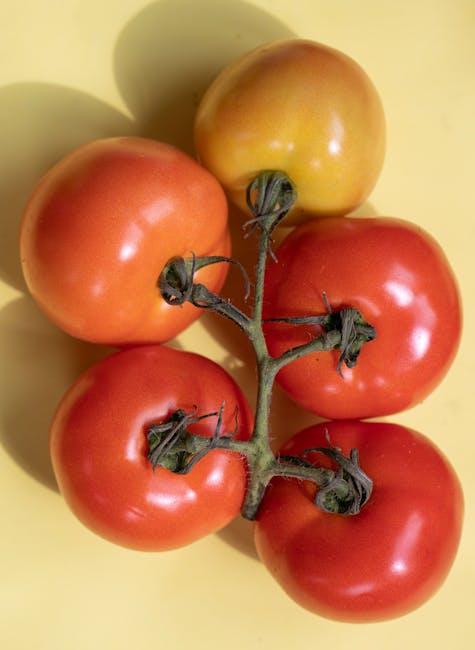Gardening enthusiasts and professionals alike know the profound difference that proper fertilization can make in the health and productivity of plants. The process of fertilizing plants goes beyond merely sprinkling some nutrients onto the soil—it’s about understanding the specific needs of different plants and using fertilizers effectively to ensure a bountiful harvest. In this feature article, we delve into the vital role of fertilizers in gardening, with practical tips from JP and a special appearance by Tuck, the lovable garden dog.
Table of Contents
The Role of Fertilizers: Essential Nutrition for Plants
Just as humans need a balanced diet to stay healthy and strong, plants require a precise mix of nutrients to thrive. Fertilizers provide these essential nutrients, including nitrogen, phosphorus, and potassium, which are often lacking in garden soil. By replenishing these nutrients, gardeners can promote healthier plant growth and increase their harvest yields.
Organic Fertilizers: A Natural Choice
In the video, JP highlights the benefits of using organic fertilizers. Organic options are derived from natural sources and are preferred by many gardeners for several reasons:
– Eco-friendly: They minimize environmental impact and reduce the risk of harming plants with harsh chemicals.
– Sustainable: Organic fertilizers nourish the soil naturally, enhancing its structure and health over time.
– Safe for consumption: Gardeners using organic fertilizers can enjoy fresh, chemical-free produce.
Tailoring Fertilization to Plant Needs
An essential tip shared by JP is the importance of adjusting fertilization based on the type of plant being grown. Different plants have unique nutritional requirements and may respond differently to various types of fertilizers. For instance, leafy greens like spinach and lettuce thrive with nitrogen-rich fertilizers, while flowering plants benefit more from a balanced mix of nutrients.
Practical Tips for Effective Fertilization
- Know Your Soil: Conduct a soil test to understand the specific nutrient needs of your garden.
- Choose the Right Fertilizer: Select organic fertilizers that match the requirements of the plants you are growing.
- Apply Sparingly: Over-fertilization can be as harmful as under-fertilization. Follow the recommended amounts for best results.
- Timing is Key: Fertilize at the right stages of plant growth to maximize effectiveness. Early stages often need more nutrients to support robust growth.
- Observe and Adjust: Regularly monitor your plants and soil, making adjustments as necessary based on their growth and health.
JP’s practical demonstration in the video, with Tuck gleefully aiding, makes the process of fertilizing both informative and enjoyable.
Conclusion
Fertilizing your plants is a fundamental aspect of gardening that shouldn’t be overlooked. By using the right types of fertilizers and applying them wisely, you can ensure your plants receive the essential nutrition they need to flourish. As JP’s gardening wisdom and Tuck’s cheerful presence remind us, a well-fed garden leads to a healthier, more abundant harvest. Happy gardening!
Emphasizing the importance of fertilizers and providing key tips can transform your garden into a thriving oasis. Whether you’re a seasoned gardener or a beginner, incorporating these practices will help you reap the rewards of a well-nourished and productive garden.
